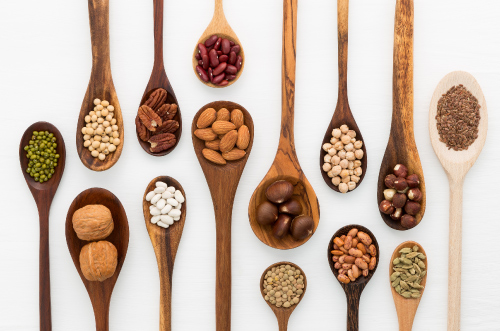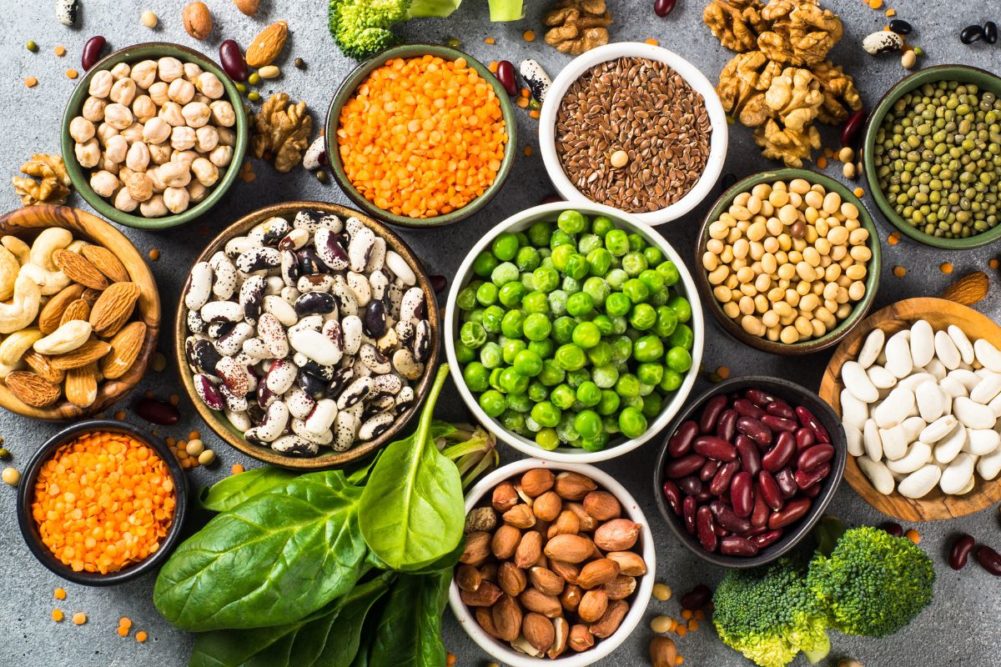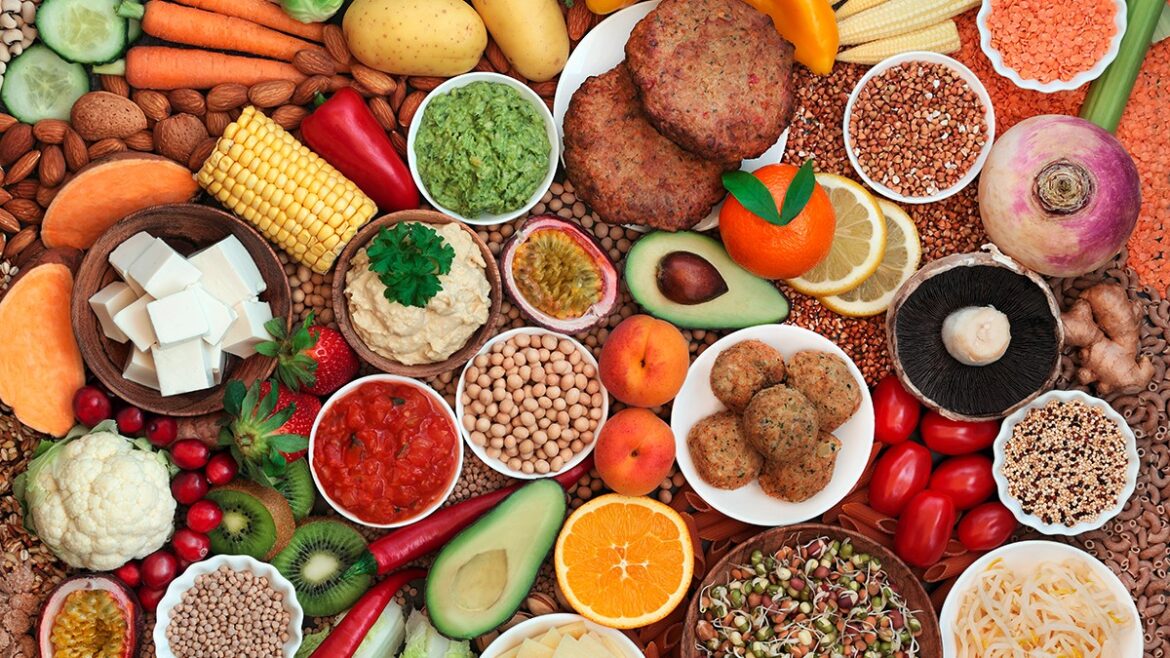Introduction
Proteins are fundamental to life and play a critical role in maintaining our health. Although traditional sources such as meat and dairy play a major role in diets across the globe, there is growing interest in other sources of protein. People are becoming more interested in experimenting with different protein options due to factors such as environmental consciousness, ethical stances, or dietary preferences. The purpose of this blog is to shed light on the benefits of including alternative proteins in one’s diet. These benefits range from improved health to environmentally friendly actions. Throughout this investigation, delectable recipes that highlight the adaptability and deliciousness of these substitute protein sources will be shared. Come explore the tasty and nourishing world that awaits you beyond the confines of conventional protein sources.
The Benefits of Protein Alternatives:
1. Diverse Nutrient Profiles: The nutrients found in alternative protein sources are frequently more varied. In addition to offering a variety of vitamins, minerals, and dietary fiber, plant-based foods like beans, lentils, and quinoa also contain protein. You can guarantee your body gets a wide range of vital nutrients by mixing up your protein sources.
2. Lesser Impact on the Environment: The move away from protein substitutes is largely motivated by environmental sustainability. When compared to conventional animal husbandry, the production of plant-based proteins typically uses less land and water and emits fewer greenhouse gases. Accepting alternative protein sources can be a helpful move in the direction of lessening your environmental impact.
3. Heart Health: A lot of plant-based protein sources are low in cholesterol and saturated fat, which is good for the heart. Rich in unsaturated fats, which have been associated with a decreased risk of cardiovascular diseases, are nuts, seeds, and legumes. By including these substitutes in your diet, you can promote heart health in general.
4. Weight Management: Protein’s satiating properties are well-known for their ability to regulate hunger and weight. Along with being high in protein, alternative protein sources like tempeh, tofu, and edamame are also low in calories and bad fats, which makes them useful partners in weight-loss initiatives.

Delectable Recipes Featuring Protein Alternatives:
1. Chickpea and Spinach Curry:
- Ingredients:
1 can of chickpeas (drained and rinsed)
2 cups fresh spinach
1 onion (chopped)
2 tomatoes (diced)
3 cloves garlic (minced)
1-inch ginger (grated)
1 can coconut milk
2 tbsp curry powder
Salt and pepper to taste
- Instructions:
Sauté onions, garlic, and ginger until fragrant.
Add tomatoes and cook until softened.
Stir in chickpeas, spinach, curry powder, and coconut milk.
Simmer for 15-20 minutes, seasoning with salt and pepper.
Serve over rice or quinoa.
2. Lentil Walnut Burgers:
- Ingredients:
1 cup cooked lentils
1 cup chopped walnuts
1 onion (finely chopped)
2 cloves garlic (minced)
1 tsp cumin
1 tsp paprika
Salt and pepper to taste
Burger buns and toppings of your choice
- Instructions:
In a food processor, blend lentils, walnuts, onion, and garlic.
Transfer the mixture to a bowl and add cumin, paprika, salt, and pepper.
Form patties and grill or bake until golden.
Serve on buns with your favorite toppings.
3. Quinoa Salad with Avocado and Black Beans:
- Ingredients:
1 cup cooked quinoa
1 can black beans (drained and rinsed)
1 avocado (diced)
1 cup cherry tomatoes (halved)
1/4 cup red onion (finely chopped)
Fresh cilantro (chopped)
Lime dressing: lime juice, olive oil, salt, and pepper
- Instructions:
In a large bowl, combine quinoa, black beans, avocado, tomatoes, and red onion.
Whisk together lime dressing and pour over the salad.
Toss gently to combine and garnish with fresh cilantro.

Conclusion
Investigating protein substitutes is a deliberate decision toward a healthier way of life and a more sustainable environment, not just a culinary journey. Including a variety of protein sources in your diet has several advantages, from reducing environmental impact to promoting heart health. The recipes presented here offer just a taste of the world of delicious plant-based foods high in protein that can entice your palate and nourish your body.
This culinary adventure provides a window into a future where our plates are piled high with a variety of wholesome, environmentally friendly options, just as the demand for alternative proteins only grows. Therefore, these protein substitutes are here to redefine our eating habits, one delectable recipe at a time, regardless of whether you’re a committed vegan, an inquisitive flexitarian, or someone looking to make mindful dietary choices.


